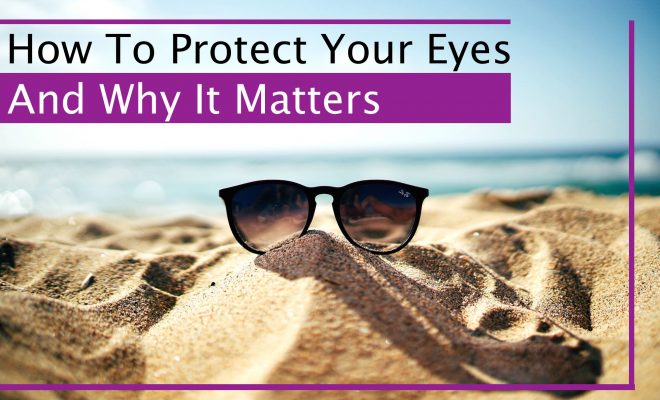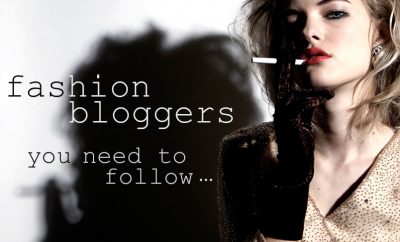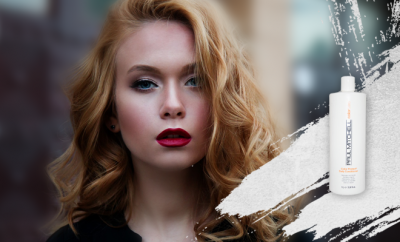
Your Eyes
How To Protect Your Eyes From UV Rays – And Why It Matters
Let’s get one thing out on the table. Most people don’t obsess over the need to protect their eyes from the sun’s rays. For the most part, the average adult will apply sunscreen at the beach, or by the pool, and will wear sunglasses on a sunny day to help them see better and to look like a total boss. Beyond that, the occasional trip to the eye-doctor (and usually only if they’re prescription eyeglasses wearers) is where the buck stops.
Your eyes are sensitive to Blue and Violet portion of the light spectrum and the ultra-violet (UVA & UVB) light radiation that accompanies it.
Think about that.
Your eyes aren’t sensitive to hot sunny days – they’re sensitive to light radiation.
Reports have shown that, while up to 90% of adults say they believe that protecting your eyes is important to their overall health, most people still only wear sunglasses to cut down on the sun’s glare. This is why cloudy or overcast (a.k.a. Non sunny) weather conditions present such a large risk factor to UVA & UVB exposure.
Do you need to obsess over protecting yourself from ultraviolet rays? Of course not – enjoy your sunny days. But it’s important to know about your potential risk factors and to take good care of your vision. It doesn’t take much effort or money to be responsible about your health.
In This Article:
Why Protect Your Eyes | UV Light Risk Factors | How To Protect Your Eyes
Why Do You Need To Protect Your Eyes?
Your eyes are incredibly complex and delicate. There are so many factors that go into the process of accepting reflected light (an image), focussing on that image so that a clear – but inverted – imprint can be made on your retina, and then translating that information in your brain, resulting in the world you see around you.
Your body works hard to protect itself. That’s why you naturally squint when it’s too bright out. However, your body can only protect itself so much without your help. Let’s face it, you’re not going to avoid a day at the beach just because it’s beautiful and sunny outside.
On that same note – if you’re the type who loves winter sports, you’re not going to avoid the slopes just because there’s an awesome fresh blanket of snow.
Your eyes are sensitive to Blue and Violet portion of the light spectrum and the ultra-violet (UVA & UVB) light radiation that accompanies it.
3 Great Reasons You Should Be Protecting Your Eyes Anyway
1 | UV Protection
We know that ultraviolet radiation is harmful. It can lead to several complications that we’ll discuss below. However unprotected exposure can also lead to things like premature aging and wrinkling of the skin and suppression of the immune system.
If you’re really interested in the difference between UVA and UVB rays, you can check out this article by skincancer.org – however it’s not really necessary since we’re talking about protecting from UV rays in general here.
2 | Low Light Adaptation
Too much exposure to bright light – even just a few hours – can adversely affect your ability to adjust your eyes to low light conditions, which can result in a dangerous scenario when driving home after a long day at the beach.
3 | Comfort
We’ll talk about more serious issues in a moment, but aside from simply reducing glare – wearing quality sunglasses will reduce eye strain and fatigue, making for a much more comfortable day in the sun.
Protecting Your Children’s Eyes
Most adults wear sunglasses as a fashion accessory. And, fair enough – they look cool.
We also know that many parents take great effort to make sure their children are protected from the sun on hot days with sunscreen, big floopy hats, and tiny sunglasses.
But it’s important to do our best to make sure they keep those protective items on – which isn’t easy! Since babies and children are much more sensitive to ultraviolet radiation, it’s thought that most children will absorb up to 80% of their lifetime value of UV rays by the age of 18.
Risk Factors Associated With UVA and UVB Exposure
Prolonged exposure to the sun can lead to any number of complications – either in the near or distant future. Some are simply irritating issues that can be treated with medication or minor surgery, others can be far more serious and even lead to blindness.
These are some of the more common risk factors:
1 | Headaches and Migraines
Starting off easy (although, migraine sufferers would disagree), the sun can be a significant trigger for headaches and migraines. Wearing sunglasses can not only greatly reduce the frequency and headaches and migraines, but also the intensity.
2 | Skin Cancer
We all need to take care of our skin when we’re spending time in the sun. Most of us use quality sunscreen, but avoid the area around our eyes (as it says to on the sunscreen bottle). But, did you know that your eyelids and the skin around your eyes is among the most prone to skin cancer, accounting for about 10% of detected skin cancer cases?
3 | Photokeratitis
Also known as Snow Blindness is a condition that occurs from overexposure to UV light (that includes the tanning bed – so wear your little goggles). It’s like getting a sunburn on your eyes and can be very painful. It’s sometimes referred to as snow blindness because light reflected off of snow, ice and water can actually be much more intense for your eyes – as well as being weather or geographical conditions you may not think to wear eye protection in.
4 | Macular Degeneration
This is a condition where a part of the retina called the Macula begins to deteriorate, leading to blurred vision and can often lead to temporary or permanent blindness. While people at risk are generally over 40, this can affect people of all ages.
5 | Cataracts, Glaucoma and More…
There are many, many complications and diseases that can be associated to prolonged, unprotected exposure to UV radiation: About 20% of Cataracts cases are caused by overexposure; Pterygium, a tissue growth over the cornea, which can cause astigmatism; Glaucoma can be seriously worsened by UV light exposure.
By following the tips below, you’ll be these few steps closer to protecting yourself from harmful UV radiation and helping to promote a healthier lifestyle for your eyes.
9 Tips To Help Protect Your Eyes From UV Rays
1 | Polarized Lenses
Polarized Lenses can help to cut down on the sun’s glare, which most benefits you in terms of comfort and allows for crisper vision – however they don’t necessarily protect from UV rays. You’ll still need to make sure your lenses have a good UV protection rating.
2 | Proper UV Protection
Look for lenses that offer proper UV protection. You want to aim for at least 99%, you may also see lenses with the rating “400” on them. This refers to the length of the UV light wavelengths they are able to protect you from. 400 is similar to the 99-100% protection you are looking for.
3 | Buy Smart
Good protection doesn’t have to cost you an arm and a leg. Most of the cost associated with glasses is for the actual frames. If cost is an issue, consider looking for less expensive frames and making sure to get lenses that will offer you full protection.
4 | Use Those Shades
Don’t forget, your eyes are not only exposed to UV rays during those beautiful sunny days. Overcast days are often overlooked – as are many activities that could be exposing you to reflected light like skiing or boating.
5 | Lense Color
The best lenses for general use tend to be gray-tinted sunglasses. They offer good protection and tend to not distort your view at all. Click here for a full breakdown of the benefits of different lense colors before buying your next pair.
6 | Children
Once again, don’t forget about those little ones. Even though you dressed them up from head to toe for great sun protection, they love taking off things like hats and sunglasses and tossing them to the curb. Their little eyes are extra sensitive to UV rays.
Bonus | Double Up Your Protection
Okay, so one thing we didn’t mention because most people would probably not take this advice anyway, is that light can get in all around your sunglasses. Technically, the best sunglasses will wrap all the way around your eyes offering complete protection.
If that’s just not your style, don’t shy away from wearing a cap for wide brimmed hat. Hats can shade your eyes from about 50% of UV rays. There are also a lot of foods that can go a long way to promote healthy eyes, like Kale, Tomatoes and Strawberries!
It’s easy to shrug off our need for protecting our eye-health since we already have enough going on in our lives and other things we need to keep top-of-mind when it comes to good health. That said, it is very important. Fortunately, it’s easy to do.
Hopefully this article has helped clear some things up and given you some excellent pointers to think about before buying your next pair of sunglasses.






You must be logged in to post a comment Login